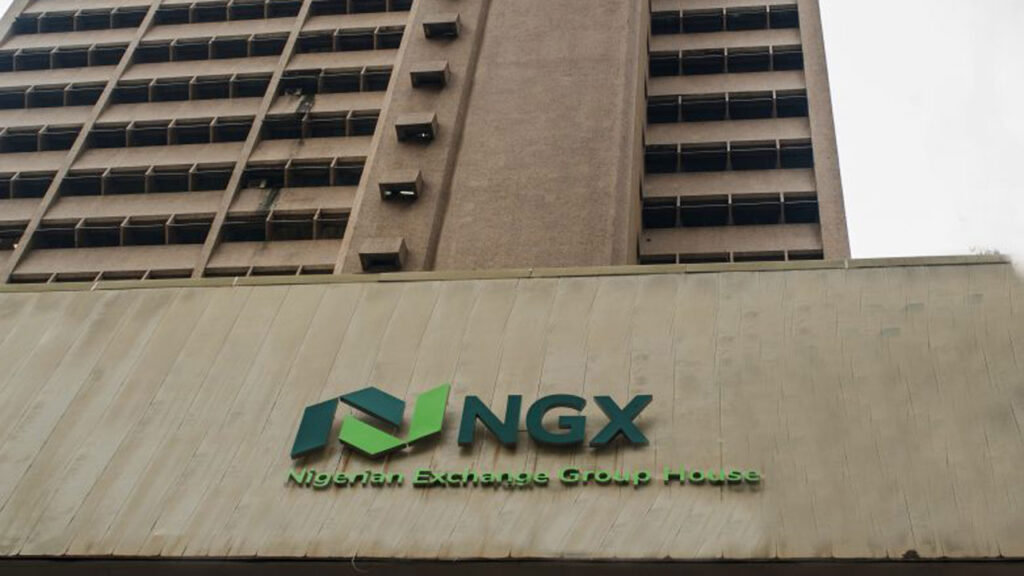
Both Bitcoin and Ethereum are cryptocurrencies. Bitcoin is the most popular cryptocurrency, followed by Ethereum. Additionally, Bitcoin and Ethereum are respectively the first- and the second-largest digital currencies by market cap. As such, anybody interested in investing in a cryptocurrency might naturally want to compare Bitcoin versus Ethereum.
Similarities of Bitcoin and Ethereum
Ethereum and Bitcoin share some similarities. Each of these cryptocurrencies trades online. For instance, you can use a platform like bitcoin revolution to trade Ether. This platform is designed for anybody interested in trading or investing in Ethereum. People can also trade and invest in Bitcoin on many platforms.
Both Bitcoin and Ethereum are decentralized. That means no authority issues or regulates these cryptocurrencies. What’s more, a ledger technology, called blockchain, distributes these cryptocurrencies.
But there are notable differences between these cryptocurrencies. And the best way to understand these differences is by studying their basics.
Bitcoin Basics
Satoshi Nakamoto introduced Bitcoin’s novel idea in a white paper that preceded its launch in 2009. This cryptocurrency promises a secure online currency without control or regulations from a central authority or bank. Bitcoin is not a physical currency. Fund balances are in a cryptographically secured ledger.
Bitcoin has popularized the idea of a decentralized, virtual currency. Today, even some government bodies and regulators accept cryptocurrencies. Some authorities are yet to take this cryptocurrency as value storage or payment medium. However, it has established itself in the digital landscape and continues to compete with fiat currencies.
Ethereum Basics
Ethereum is a decentralized, open-ended, and well-established software platform. It enables people to deploy decentralized applications and smart contracts with no fraud, downtime, interference, or control from third parties.
Ethereum has a programming language that runs on blockchain technology. And this enables developers to create and run their distributed applications. Ethereum has wide-ranging potential applications. Ethereum’s native cryptographic token powers these applications.
Ethereum launched ether presale in 2014. Ether’s response has been overwhelming. And this is like the fuel that runs the Ethereum platform’s commands. Developers use Ether to create and run apps on this platform. People across the globe use Ethereum to store value, make payments, and as collateral.
Differences between Bitcoin and Ethereum
Cryptography and distributed ledgers are the basic principles that power Ethereum and Bitcoin. However, these cryptocurrencies differ in some ways. For instance, Ethereum network transactions can have executable codes. On the other hand, Bitcoin’s network’s transactions have affixed data for storing notes only.
Also, the block time differs between Bitcoin and Ethereum transactions. In Ether, transaction conformation takes seconds, while it can take minutes in Bitcoin. What’s more, Bitcoin employs SHA-256 algorithms while Ethereum uses Ethash algorithms.
The overall aim of Ethereum and Bitcoin networks also makes them different. Satoshi Nakamoto’s idea was that Bitcoin would be an alternative to fiat currencies. Thus, the intention was to create an exchange medium and value storage. On the other hand, Ethereum aimed to develop a platform for facilitating programmatic, immutable applications and contracts through its currency.
As such, Ethereum’s primary purpose is not to create an alternative financial or monetary system. Instead, the goal is to monetize and facilitate the decentralized application platform and Ether smart contract.
Both Bitcoin and Ethereum use blockchain technology. However, Bitcoin is more popular than Ethereum. What’s more, the primary purposes of these digital currencies vary. But, Ethereum has a relatively more minor ecosystem when compared to Bitcoin. Its market cap is also smaller. Nevertheless, people from all parts of the world are showing interest in both cryptocurrencies. Thus, their popularity will most likely continue to increase.













